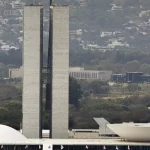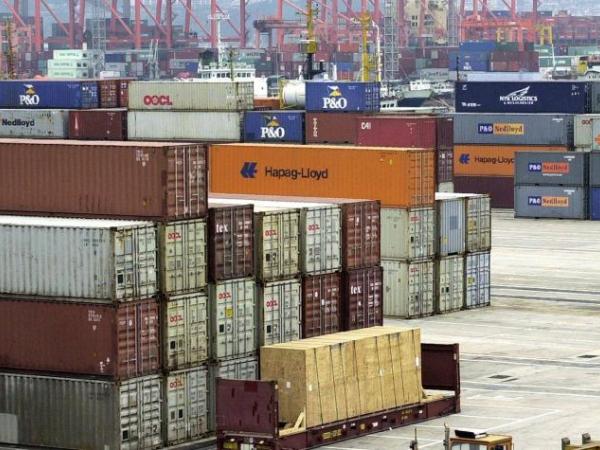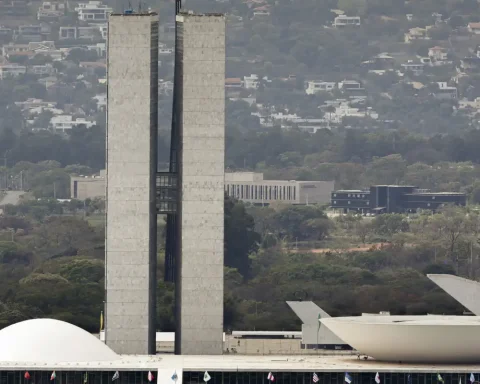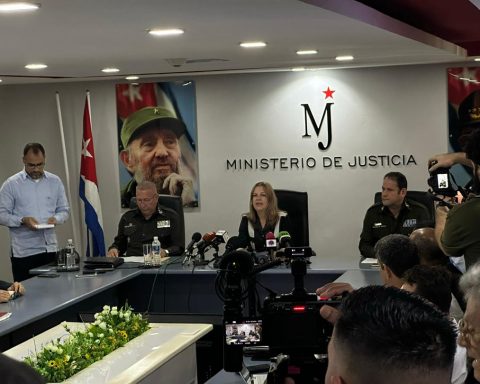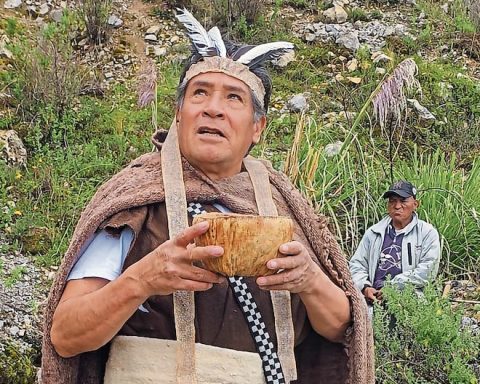
The former Minister of the Interior, Rodrigo Delgado, referred to his management during the government of Sebastián Piñera in resolving the migration crisis in the north of the country, which has lasted for more than two months and had to be implement a State of Constitutional Exception as a result of the events in the border sector.
In an interview with CNNChileDelgado revealed the complicity of the Bolivian military with the situation, denouncing that the highland uniformed officers told Venezuelan immigrants where they could go to Chile and from what time.
“There is a business, an economy that turns around and Bolivia was never firm and, therefore, the suspicion that one may have is to what extent it suits Bolivia or not that this happens and, unfortunately, we saw how many times the Bolivian uniformed They told Venezuelan immigrants what time to go and where to go,” he charged.
As a result of this, the former minister assured that Bolivia does not have the intention of helping to solve the conflict in the north of the country, but quite the opposite.
“Bolivia never wanted to collaborate, because they are part of the problem, not the solution. Unfortunately, those who traffic migrants from the Bolivian side, first, are not punished or persecuted and, many times, it was determined that members of their police or his army crossed the border with migrants,” he said.
On the other hand, he affirmed that the highland country has economic conveniences with illegal migration, because “Venezuelans stay and surely spend there.”
“What I want to say is that Bolivia never had the capacity to sit down at the table and firmly say ‘we are going to face this issue’ because Venezuelans who come from Peru are entering Bolivia and it is economically convenient for them because the Venezuelans stay and surely spend there, do their transactions,” he said.
After the rapprochement of President Gabriel Boric with the highland country to reestablish diplomatic talks with Chile, Delgado said that it could serve to give an effective resolution to irregular migration in the north, but that Bolivia has to be tenacious with migrant trafficking.
“It can help, but Bolivia has to take a firm stand against migrant trafficking, something that to date it has not done, and it gives me the impression that it may not be very convenient for them because, perhaps, they have another type of interest,” he concluded.






